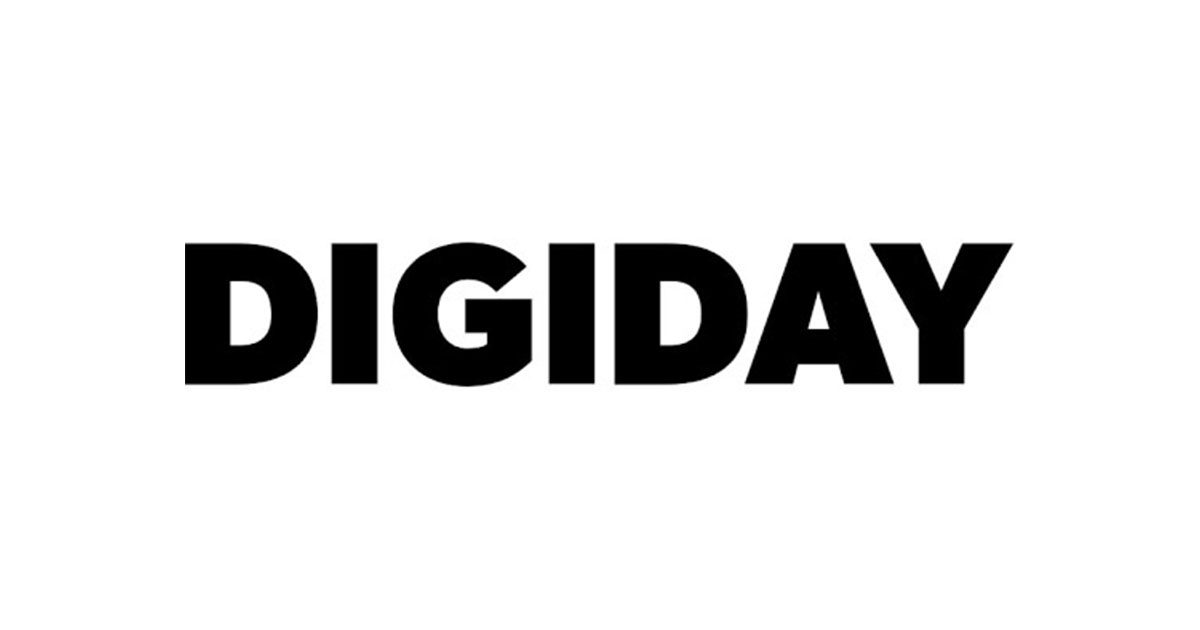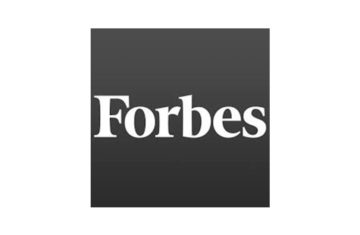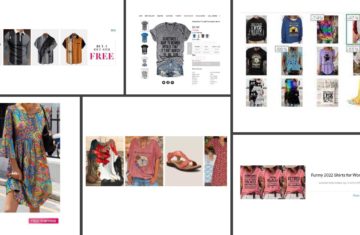
This article originally appeared in Digiday on May 19, 2020
The market dynamics of low ad prices and less buying by top advertisers has opened the door to a surge in coronavirus scam ads in programmatic marketplaces.
Scam ads — ads with creative or domains that deliver false or misleading claims about products with the intention of extracting payment — have jumped to represent 20% of fraudulent activity in April, according to The Media Trust, which works with publishers on increasing privacy and security. Usually, this is under 5%,
The BBC’s governance team decided shortly after the outbreak hit in Europe to ban all advertising around face masks. The BBC works to a strict whitelist of advertisers so it tends to not get many scam ads.
“There were advertisers selling masks at a massively inflated rate and at the time the [World Health Organization] were not recommending to wear masks,” said programmatic trading manager Emily Roberts. “Our team decided to follow the WHO guidelines and prevent this type of advertising.”
At least 10 premium publishers in the U.S. and U.K. now actively block the serving of these scams ads, according to The Media Trust. Others have written policies for their supply-side platform partners. These can stipulate no mention of coronavirus at all, or that ads featuring hand sanitizer are acceptable but ads for medical cures are not.
“Anything nefarious you can think of, people will use Covid to do that,” said Matt O’Neill, general manager, Europe for The Media Trust, which uses tech to block bad ads at the impression level. “Sticking ‘Covid’ on a baseball hat to sell is the most benign, or there’s selling fake face masks from sites that never deliver. The fundamental advice is [for publishers] to write these policies and require partners to adhere to them so partners can perform due diligence to prevent ads getting in and out of the ecosystem.”
More…Read full article



